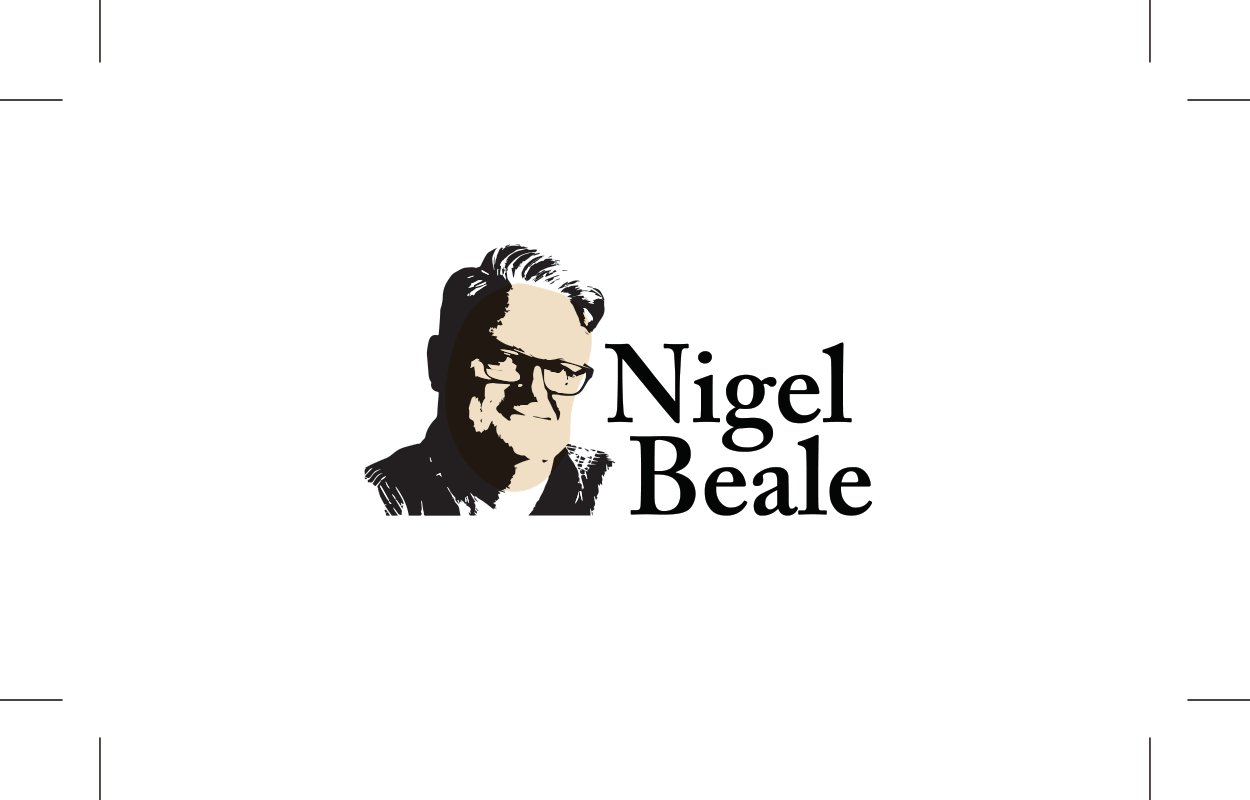What's the good of bad reviews?
First appeared in The Guardian
A good drubbing, particularly when it's available for further discussion in the blogosphere, helps keep us engaged with important debates
The internet is a wondrous place where news, even if it isn't great literature, stays news; a place to access and interact with old facts and arguments in new ways. Here's what I mean: I've been surfing on "literary criticism" recently. Not for Hazlitt, or Coleridge, or Arnold, Woolf or Wilson, although there's a lot of vintage stuff available, but for a sense of what's been going on in recent years. As a result I've been able not only to read many of the most controversial, frequently referenced essays written on the topic in the past several decades, but also to gauge response, follow the often heated/always entertaining flames of discussion, and even reignite some fires.
Early on I found James Atlas's essay 'In Praise of Dispraise' (The Atlantic, 1981). In it he suggests that lively negative reviews tend to stay in the mind because the language is more vivid. "It appeals, I think, to the punitive, grudging, envious impulses we generally suppress in our daily social transactions, gives expression to hostile, aggressive instincts through a sanctioned mode of discourse. Like jokes, negative reviews can articulate forbidden wishes - for revenge, for superiority over a victim, or the subversion of authority."
In addition to Macaulay slagging a Croker edition of Boswell's Life of Johnson, Atlas cites Stanley Edgar Hyman's slapdown of Edmund Wilson; Norman Mailer pissing on William Styron, John Updike and Mary McCarthy; Gore Vidal maligning Donald Barthelme, William Gass, John Barth, and Thomas Pynchon; and social critic Dwight Macdonald drubbing James Gould Cozzens's By Love Possessed, the award-winning, runaway bestseller of 1957. But these attacks are the exception, says Atlas, not the rule. He sees exultant reviews as emblematic of an American tradition. Magazines and newspapers are filled with the same words for almost every new book ("compelling" is my favourite). "America's reviewers love to praise; enthusiasm is a national trait. To weigh in with an unfavourable verdict is considered rude, unsporting, like not standing up for the national anthem." He laments the fact that few critics (in 1981) had the literary verve or moral conviction to produce "grand, lip curling sentence(s)."Reading of dispraise brought up links to famed New Republic critic Dale "Hatchet Job" Peck here and here. Peck, for the uninitiated, wrote a bitchy cum snarky book review of The Black Veil in 2002, hauling off with the now infamous: "Rick Moody is the worst writer of his generation." Atlas wrote his essay in 1981. Fitting that he should later celebrate Peck in a lengthy NY Times profile. Here's some pushback. Here's Dale's response to the piece (and his reasons for giving up reviewing).Mention of Peck attracted comparison and links to critic James Wood. His Guardian piece, written with ashes from 9/11 still in the air, exhorts US novelists to abandon social and theoretical glitter in favour of novels that tell us not "how the world works" but "how somebody felt about something." Wood also expresses the hope that 9/11 will encourage the abandonment of "hysterical realism" (a term he first coined in a review of White Teeth) in favour of the aesthetic and contemplative. Zadie Smith, because she, among others including Rushdie, Pynchon, DeLillo, Foster Wallace, is singled out, responds here. No exegesis, no reasoned argument refuting Wood's criticism. Just, if you don't like it then tell me what you'd do; and, you're wrong, these guys are great, just read them.
In addition to Smith, many American lit bloggers (eNotes Bookblog, Wet Asphalt, Black Garterbelt, Return of the Reluctant, Conversational Reading) took exception to what Wood was saying. Re-reading their objections, one has difficulty discerning much of substance. Name calling and misreading is what defines the bulk of it. This was pointed out recently and resulted in some fresh, albeit disappointing exchanges. Wood's arguments still haven't been persuasively countered, although a recent review of DeLillo's Underworld by blogger Garth Risk Hallberg at least makes a reasoned start.
Reading essays by and about Atlas, Peck and Wood, and all the links and references it pulls up, constitutes quite an education for the aspirant literary critic, especially one who may have missed the fun first time round. Not only did it serve as a good guide to where the best bloggers hang out, this surf also enabled me to witness and participate in an important debate that is worth continuing.
Prior to the internet, none of this would have been possible, at least so freely or easily. Much more than the isolation of printed essays and reviews, the internet gives us the raw guts of engagement which can be re-lived, and sometimes, if we're lucky, brought back to life.

